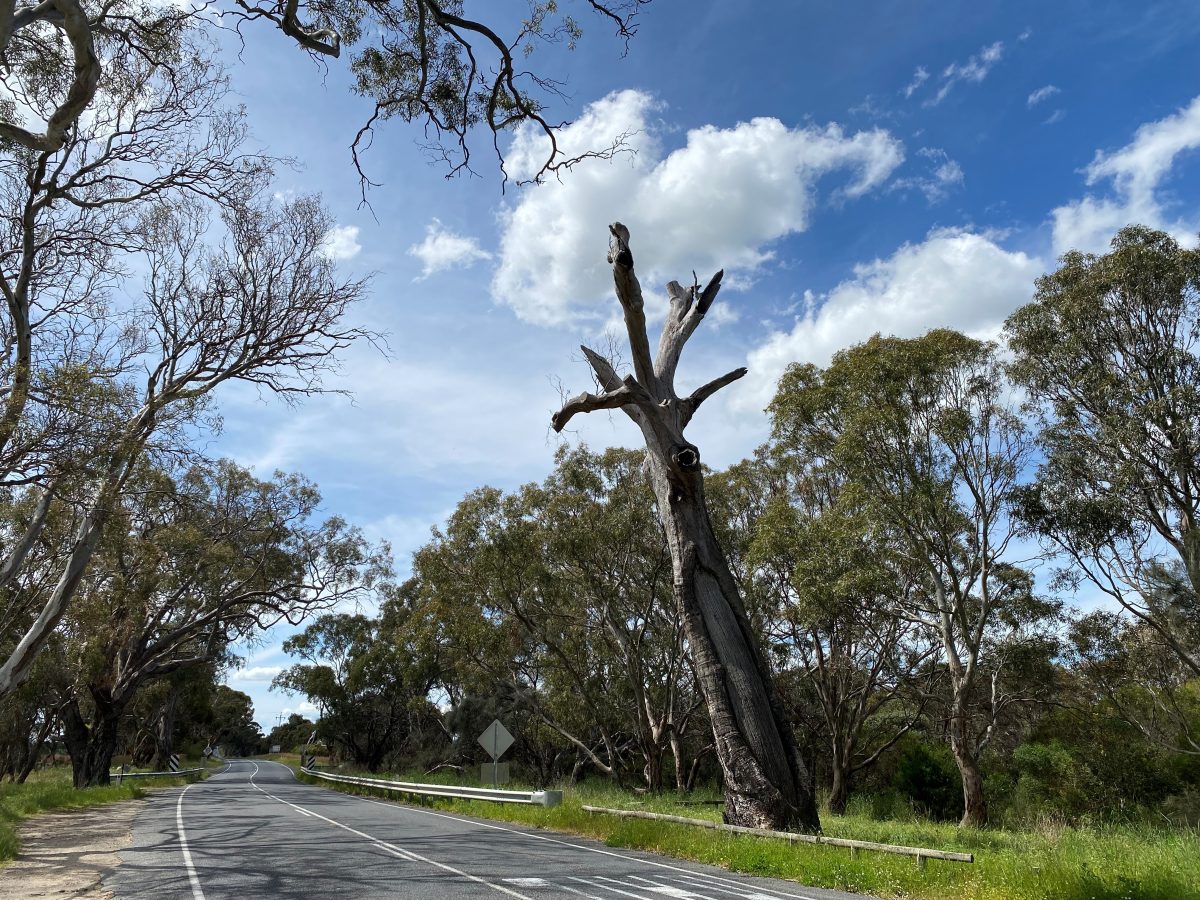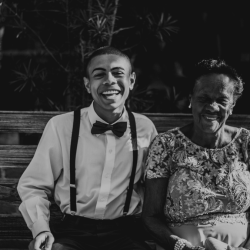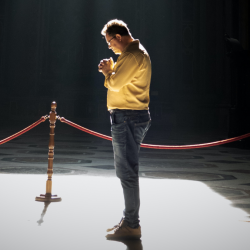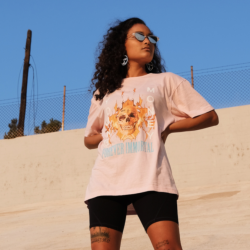During my MBA studies, a professor was once asked by a student whether it was OK to change jobs every couple of years. To that, the professor answered, jokingly: “If you are not worried about earning a reputation as a job hopper, it is not such a bad thing — by the time the company notices all the mistakes you’ve made, you will be long gone.” At that time, I was sure it was intended as a joke. But working in advertising for almost two decades, I’ve seen brand managers on many occasions, striving to achieve their short-term targets, insist on tactical choices to drive immediate sales results at the expense of future brand equity. In my view, those choices lacked wisdom not because the decision-makers were young or inexperienced, but simply because they were thinking about doing well enough for their next career move.
Top of mind, wisdom is related to past experiences and lessons learnt as a result. It comes over time as compounded knowledge derived from our victories and failures, the consequences of good and poor choices, and the accompanying emotional intensity that ensures the learnings are remembered. But what sets wisdom apart from just knowledge and experience is when people care about the implications of their actions for the future.
The Seventh Generation Principle
The best way to explain this is through the Seventh Generation Principle that has been practised for thousands of years by peoples of the First Nations, such as Native Americans and the Indigenous people of Australia and New Zealand. They remember and honour seven generations of their ancestors; at the same time, the decisions they make regarding their current lifestyle and environment have to be beneficial for seven generations into the future. This seems to be true wisdom — connecting the past, present, and future with sustainability as the ultimate outcome.
The Aboriginal canoe trees, that can still be found in some parts of Australia, are a tangible illustration of this concept. Indigenous Australians used to make canoes from the bark of redgums — trees with a lifespan of between 500 and 1000 years. Instead of chopping a tree down and stripping its bark to make a canoe, the Aboriginal people would carefully, without causing irreparable damage, remove a massive single piece of bark with the help of stone tools, preserving the tree for several future generations.

For me, wisdom is not only about accumulating a wealth of knowledge over many years, but the intention and awareness of the long-term positive impact of today’s decisions. It is not uncommon for executives in leadership positions to change companies and roles every three to five years. In their short tenure, immediate goals and achieving results unavoidably take priority. New leadership often means a new vision, agenda, and direction without a pressing need to take ownership of the impact on long-term sustainability.
But there is one thing that can bring wisdom to any level of decision-making. That is brand purpose — a deep belief in the ‘why‘ the business exists beyond financial gains. Articulating and committing to a brand purpose creates an immediate focus on long-term positive impact. It becomes a guiding principle of wisdom to be carried through many generations of management.
True wisdom can be achieved when one looks to the past and links it with the present to inform decisions that will impact sustainability and accountability for future generations. Using this approach, wise businesspeople can make decisions that have positive short, medium and long-term effects. And perhaps keep that CEO job a little longer.
Featured image: Simon Maisch / Unsplash































